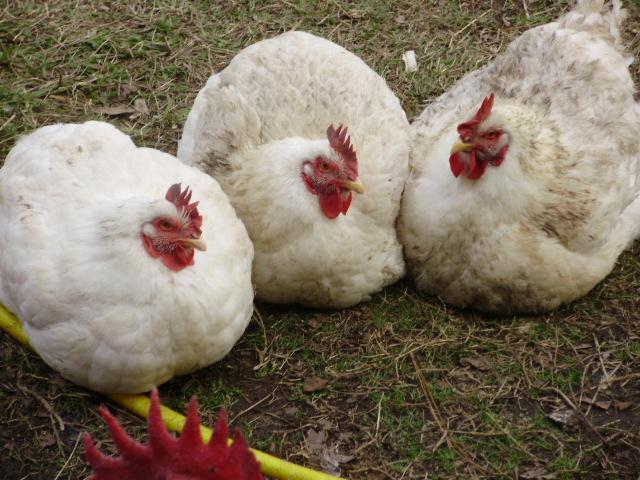EllaOnTheGo
In the Brooder
- Aug 24, 2018
- 9
- 23
- 34
I have 4 that are 9 weeks now. I love my girls (3) and I believe the 4th is a roo. He is very loving, and a bit smaller than the gals. They started out as a way for my son and I to have something to do together because I told him about my grandmother raising and culling. Everything on her farm would wind up on the table at some point. Now I’ve become so attached I just can’t cull them.
They are the first out the door when I open it of the mornings and run, well waddle, around all day. I made a small ramp up to a landing and screwed a 2x4 on its side to it so they could roost with the others.
They may not have as long of a life as my others, but they will at least have a happy one!
They are the first out the door when I open it of the mornings and run, well waddle, around all day. I made a small ramp up to a landing and screwed a 2x4 on its side to it so they could roost with the others.
They may not have as long of a life as my others, but they will at least have a happy one!


